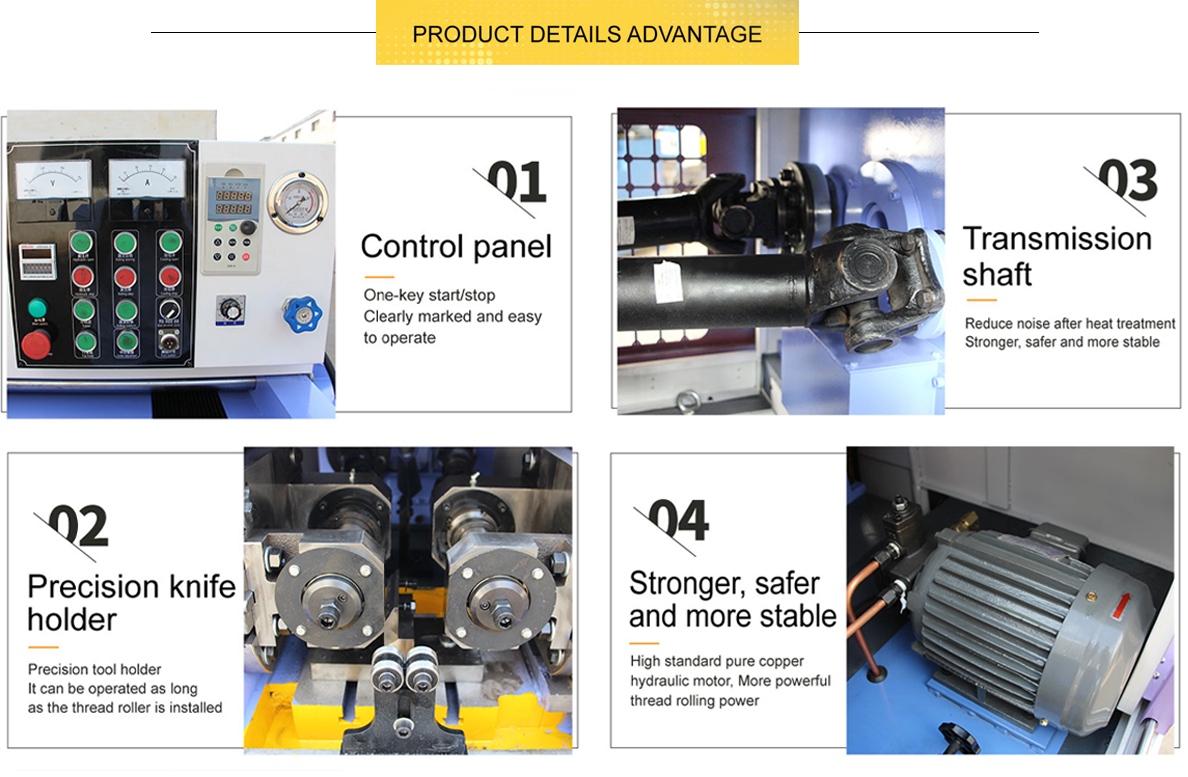
-
 Afrikaans
Afrikaans -
 Albanian
Albanian -
 Amharic
Amharic -
 Arabic
Arabic -
 Armenian
Armenian -
 Azerbaijani
Azerbaijani -
 Basque
Basque -
 Belarusian
Belarusian -
 Bengali
Bengali -
 Bosnian
Bosnian -
 Bulgarian
Bulgarian -
 Catalan
Catalan -
 Cebuano
Cebuano -
 Corsican
Corsican -
 Croatian
Croatian -
 Czech
Czech -
 Danish
Danish -
 Dutch
Dutch -
 English
English -
 Esperanto
Esperanto -
 Estonian
Estonian -
 Finnish
Finnish -
 French
French -
 Frisian
Frisian -
 Galician
Galician -
 Georgian
Georgian -
 German
German -
 Greek
Greek -
 Gujarati
Gujarati -
 Haitian Creole
Haitian Creole -
 hausa
hausa -
 hawaiian
hawaiian -
 Hebrew
Hebrew -
 Hindi
Hindi -
 Miao
Miao -
 Hungarian
Hungarian -
 Icelandic
Icelandic -
 igbo
igbo -
 Indonesian
Indonesian -
 irish
irish -
 Italian
Italian -
 Japanese
Japanese -
 Javanese
Javanese -
 Kannada
Kannada -
 kazakh
kazakh -
 Khmer
Khmer -
 Rwandese
Rwandese -
 Korean
Korean -
 Kurdish
Kurdish -
 Kyrgyz
Kyrgyz -
 Lao
Lao -
 Latin
Latin -
 Latvian
Latvian -
 Lithuanian
Lithuanian -
 Luxembourgish
Luxembourgish -
 Macedonian
Macedonian -
 Malgashi
Malgashi -
 Malay
Malay -
 Malayalam
Malayalam -
 Maltese
Maltese -
 Maori
Maori -
 Marathi
Marathi -
 Mongolian
Mongolian -
 Myanmar
Myanmar -
 Nepali
Nepali -
 Norwegian
Norwegian -
 Norwegian
Norwegian -
 Occitan
Occitan -
 Pashto
Pashto -
 Persian
Persian -
 Polish
Polish -
 Portuguese
Portuguese -
 Punjabi
Punjabi -
 Romanian
Romanian -
 Russian
Russian -
 Samoan
Samoan -
 Scottish Gaelic
Scottish Gaelic -
 Serbian
Serbian -
 Sesotho
Sesotho -
 Shona
Shona -
 Sindhi
Sindhi -
 Sinhala
Sinhala -
 Slovak
Slovak -
 Slovenian
Slovenian -
 Somali
Somali -
 Spanish
Spanish -
 Sundanese
Sundanese -
 Swahili
Swahili -
 Swedish
Swedish -
 Tagalog
Tagalog -
 Tajik
Tajik -
 Tamil
Tamil -
 Tatar
Tatar -
 Telugu
Telugu -
 Thai
Thai -
 Turkish
Turkish -
 Turkmen
Turkmen -
 Ukrainian
Ukrainian -
 Urdu
Urdu -
 Uighur
Uighur -
 Uzbek
Uzbek -
 Vietnamese
Vietnamese -
 Welsh
Welsh -
 Bantu
Bantu -
 Yiddish
Yiddish -
 Yoruba
Yoruba -
 Zulu
Zulu
Exploring Various Manufacturers of Thread Rolling Machines for Different Applications
Types of Thread Rolling Machine Manufacturers
Thread rolling is a crucial machining process that transforms a plain cylindrical surface into a threaded one, commonly used in various industries such as automotive, aerospace, and manufacturing. The process provides several advantages over traditional thread cutting methods, including enhanced durability, improved surface finish, and greater dimensional accuracy. As industries demand high-quality threaded components, the need for thread rolling machines has surged. This article will explore the different types of thread rolling machine manufacturers and the innovations they are bringing to the market.
1. Types of Thread Rolling Machines
There are primarily three types of thread rolling machines flat die, cylindrical die, and planetary rolling machines. Each of these machine types serves specific applications and has unique characteristics.
- Flat Die Thread Rolling Machines These machines use two flat dies to roll the material into a desired thread profile. They are best suited for producing small to medium-sized threaded components, and manufacturers often use them for simpler threads such as those found in bolts and knobs. Flat die machines are known for their versatility and efficiency, making them a popular choice among manufacturers.
- Cylindrical Die Thread Rolling Machines These machines use two cylindrical dies that rotate over the workpiece to create threads. They are designed for high-volume production and are ideal for producing long and complex threaded components. Cylindrical die machines are particularly effective in high-speed applications, yielding rapid production rates while maintaining precision.
- Planetary Thread Rolling Machines These advanced machines offer a more complex motion that enables the production of different thread profiles and sizes. They utilize a planetary gear mechanism, allowing the workpiece to rotate while the rollers apply pressure, creating multiple threads at once. Planetary machines are preferred for producing high-strength parts and are efficient for manufacturing large quantities of components.
2. Leading Manufacturers in the Market
types of thread rolling machine manufacturer

Numerous manufacturers are leading the thread rolling machine market, each contributing unique innovations and technologies. Some of the prominent manufacturers include
- Meyer Burger Technology AG Known for its Swiss precision engineering, Meyer Burger specializes in high-performance thread rolling machines designed for efficiency and accuracy. Their machines often incorporate advanced CNC technology, allowing for programmable operations and quicker setup times.
- Greenerd Press & Machine Co., Inc. With a history dating back to the 19th century, Greenerd focuses on producing robust thread rolling machines that cater to a variety of industries. Their machines are renowned for durability and reliability, making them a favored choice among manufacturers.
- OUIKA Machine Tools Co., Ltd. This Chinese manufacturer is gaining traction in the global market, offering competitive prices and versatile machine options. OUIKA focuses on innovation and customization to meet the diverse needs of its clients.
3. Technological Innovations in Thread Rolling
The majority of contemporary thread rolling machine manufacturers are investing in technological advancements such as automation, IoT integration, and improved materials. By incorporating automation, manufacturers enhance their productivity and reduce labor costs. The introduction of IoT and smart technology allows machines to collect and analyze data in real-time, providing insights into performance and maintenance needs.
Conclusion
The thread rolling machine industry is evolving, thanks to the concerted efforts of various manufacturers to innovate and improve technology. With different types of machines available, companies can select the perfect fit for their specific applications. As market demands continue to evolve, the emphasis on high-quality, efficient, and precise thread rolling machines will only grow stronger, promising a bright future for this manufacturing sector. As manufacturers push the boundaries of technology, they play a pivotal role in shaping the production landscape across multiple industries.
